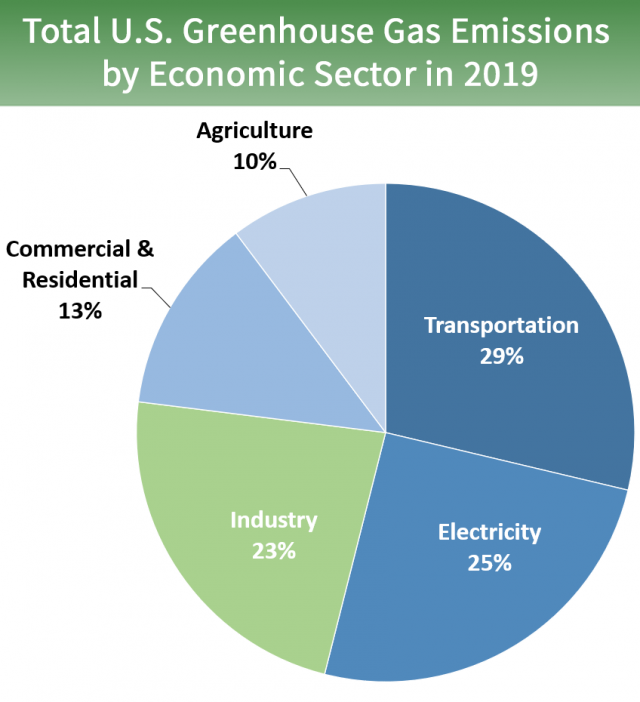Im sure there will be a firestorm just by daring to say this, but I am really sick of climate change being used as the excuse or justification for every single thing. It's just gotten out of hand and totally ridiculous. Yes, reducing emissions is good for climate change as well as the neighborhoods. But advocating spending a billion dollars to do this and saying we should do it because of the miniscule benefits to emissions it'll achieve is insanity. This is not the first, second, third or fourth reason to do this and its just lockstepping with the zeitgeist and using a buzzword that gets everyone with the same ethos to support it, and without logical reason.
Electrifying the commuter rail is about transforming lives, lifting people out of poverty, reducing commute times (we have plenty of data to show that excessive commuting times are associated with cardiovascular and other medical disease, poor psychological health and poorer quality of life), and changing our overall urban societal structure away from the poisonous, atomized and unhealthy-in-every-possible-way modes of the mid-to-late twentieth century that we all got infected with and are trying to finally shed.
Just like when I see articles supporting smaller housing sizes — we're not doing this to reduce carbon footprints, people, we're doing because density is a good thing for many other, much more important reasons than that.
If you want to put a dent in climate change, support divesting from fossil fuels and other industries that actually are serious emissions-offenders (including that plane ticket you bought to visit your grandma). It's just tiresome and anti-intellectual to see a climate change reason tucked into literally every single design proposal for a building or infrastructure project as it if it's a major reason we should be doing this.
I also do not believe the transitmatters (I included the screenshots) report sufficiently makes the case that this is a specific risk to any part of Boston; in their favor, they did place this at the end of the 'benefits' section. I'm not saying I know better, but you can't extrapolate from WA state and Chicago to Boston without more proof here about numbers of diesel trains per minute and most importantly, citing air quality. And as for the neighborhoods where the commuter rails run, one of them is Dorchester which also has I-93, and the other is Newton, which has the Pike. Someone who actually knows these numbers might be able to provide them, but I would imagine that the emissions of an interstate highway compared to an average MBTA commuter rail line are probably about 1/1,000,000th or less.
I think a better air quality argument, if we're gonna take that tack, is that faster trains = less drivers on roads. And at this point, it's really not all about the emissions. Emissions standards for motor vehicles have changed a lot over the last twenty years, and that makes measuring any health ramifications of exposures very, very tricky to confidently determine.
I think the emissions argument misses the forest for the trees. We need to change the way we live, and that's what better public transit is all about, plain and simple. That's the benefit, first to last.
Edit - transitmatters rocks, so this should not be interpreted as any attack on their excellent work.
View attachment 18200
View attachment 18201

